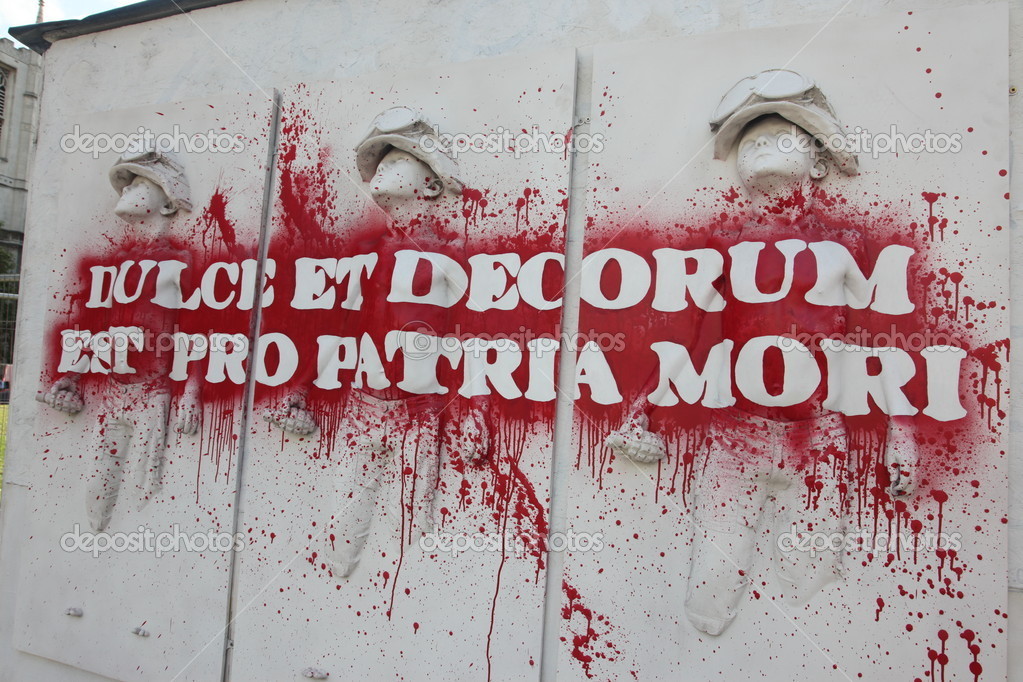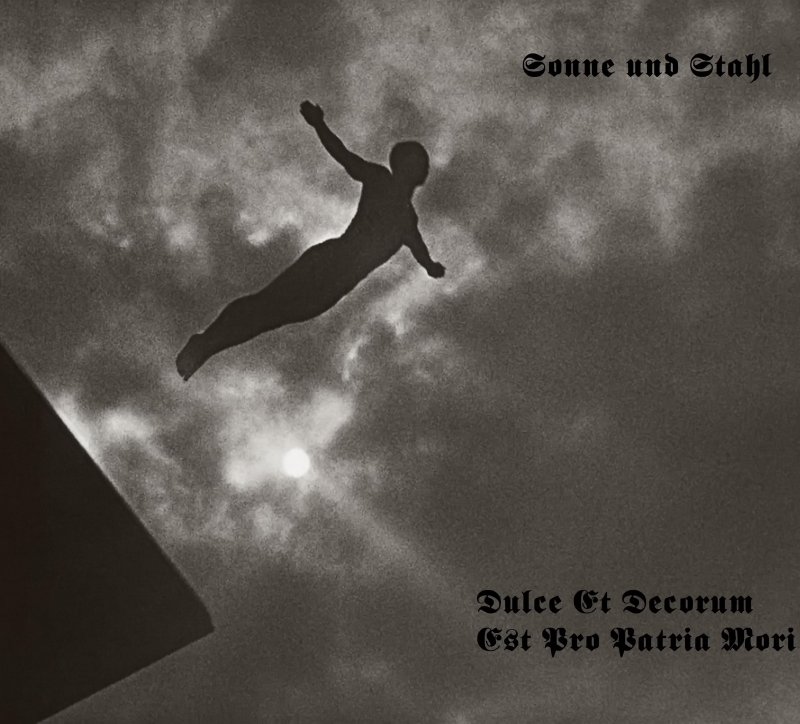


TRANSLATE PRO PATRIA MORI FULL
Briefer discussions of classical maxims in connection with two films by Stanley Kubrick (Barry Lyndon, 1975 Full Metal Jacket, 1987) round off the paper. But the greatest variety of the use of antiquity in the war film, both verbal and visually, occurs in Patton (1970), illustrating the continuity from ancient to modern warfare. The Thin Red Line (1998), set in World War II, refers to Homer to criticize military elitism and incompetence. Dulce et decorum est pro patria mori Spanish Translator dulce et decorum est pro patria mori Translation Currently unavailable. Simonides' epitaph on the Spartan dead at Thermopylae is the starting point for an examination of the traditional heroism of World War I in Tell England (1931) and King and Country (1964) and of the American involvement in Vietnam in Go Tell the Spartans (1974). The Dawn Patrol (1930) and Grand Illusion (1937) deal with the end of chivalrous heroism in World War I. All Quiet on the Western Front (1930), rightly regarded as the greatest of all anti-war films, shows the common view of Horace's dulce et decorum to be false, not only in the story it tells but also through quotations from Homer, Ovid, and the Gesta Romanorum. In the films chosen for discussion, classical models appear as justification for and exhortation to military service or, by contrast, as a means to question blind patriotism and to criticize military irresponsibility. Homer's Iliad and Horace's line from Odes 3.2 quoted in the title provide the starting point for an analysis of the influence of the ancient code of heroism on modern education and on attitudes toward war.

This essay examines occurrences of classical literature in selected American and European films about twentieth-century war.


 0 kommentar(er)
0 kommentar(er)
